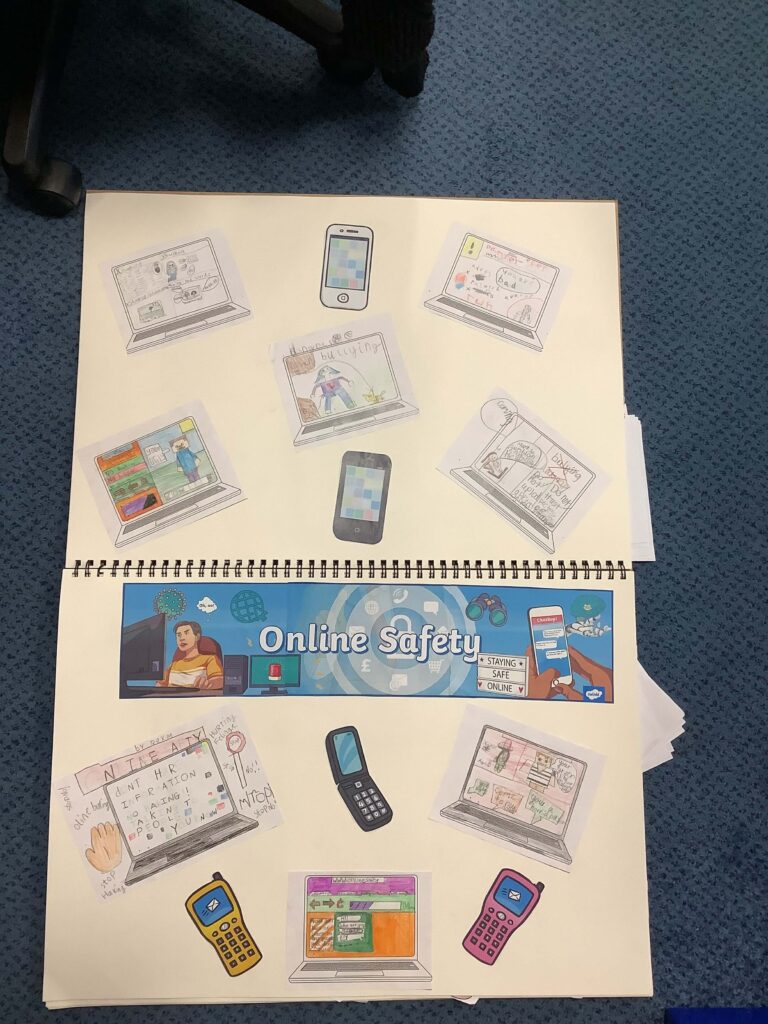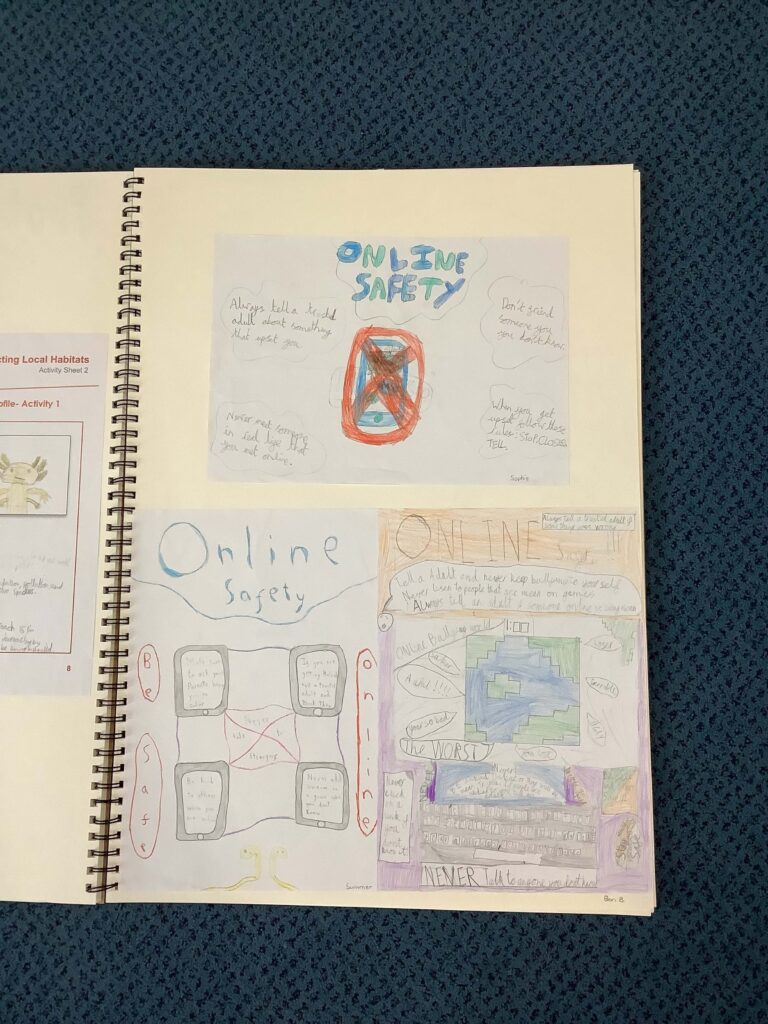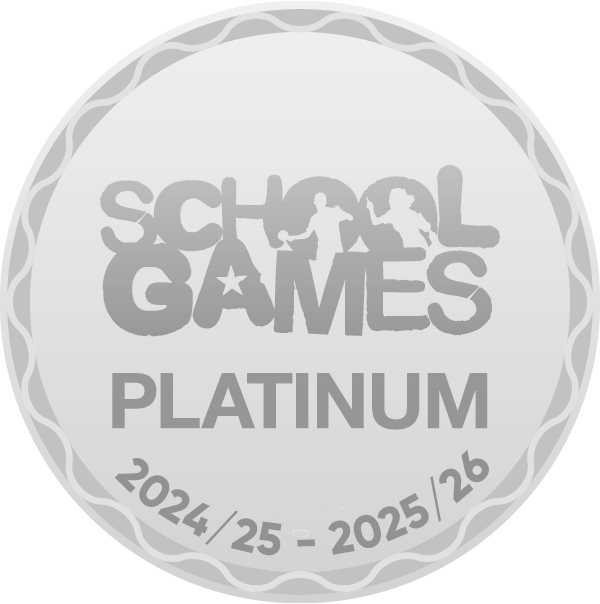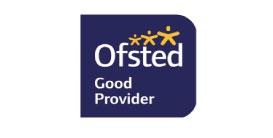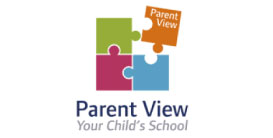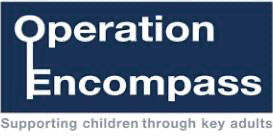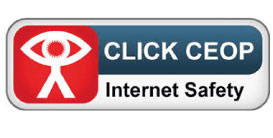Computing Intent Statement
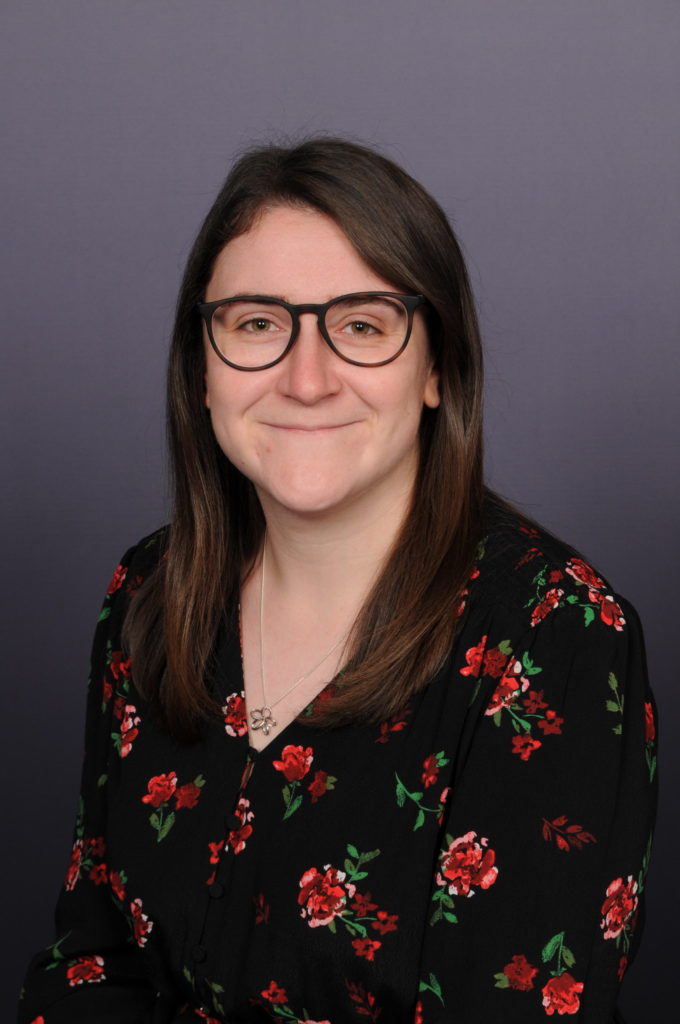
Computing Subject Leader: Miss Drew
Intent: what we aim for children to achieve through our Computing curriculum:
At Durham Lane Primary School, we acknowledge the pivotal role that technology currently plays, and will continue to play, in society. Therefore, we want to provide our children with the skills they need to flourish in a digital world. We aim to provide children with access to high-quality resources and teaching that equips them with the knowledge to work in the rapidly changing digital world and inspire them to pursue roles in the digital technology industry.
We have invested heavily in the technology we have available in school and offer the children access to iPads, computers and interactive whiteboards. Computing is always part of our curriculum and is taught as both a stand-alone subject and as part of cross-curricular topics.
We utilise social media with our community Facebook page where we are able to celebrate children’s successes and keep our local community involved and informed about school life. This demonstrates how social media can be used positively. We encourage our children to become responsible digital citizens and emphasise the importance of online safety. Children are aware of how to keep themselves safe and how to report concerns about inappropriate content or cyber-bullying incidents.
Implementation: how we achieve our aims
Our computing curriculum is taught using the three main strands: Computer Science, Information Technology and Digital Literacy.
In KS1 and KS2, we follow the Purple Mash computing scheme of work and have access to all of the 2Simple apps and tools to support the delivery of this scheme. We also utilise other apps and websites to link to our cross-curricular topics throughout the year. Here are the main themes covered in the scheme of work followed:

Impact: how we know we have achieved our aims
Our computing curriculum gives children the opportunity to access a wide range of resources and to develop their skills in typing, word processing, blogging, coding and much more. The curriculum is fun, engaging and is enjoyed by all learners.
Throughout school, we measure the impact of our computing curriculum through the following methods:
- Summative assessment of pupils’ skills (termly data is put on our Insight tracking system and is analysed by the subject leader);
- Discussions with children about the key computing vocabulary used and by observing their ability to complete tasks independently or with support;
- Observing how children apply the skills learnt in computing to other areas of the curriculum such as English, Maths and Art;
- Regularly reviewing the children’s knowledge and understanding of e-safety issues and knowing how to keep themselves safe; Lesson observations and feedback given by the subject leader;
- Analysis of work produced by the teacher and subject leader;
- Children are questioned about their current and previous learning.
Computing in Key Stage One



Computing in Key Stage Two










